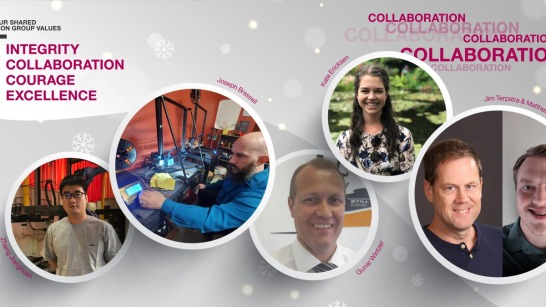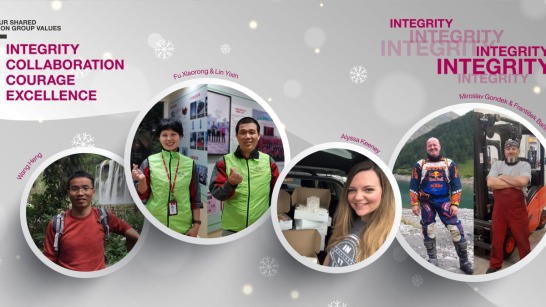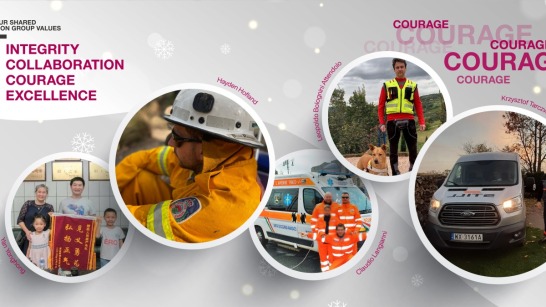
Achieving great things together
Collaboration is one of the four core corporate values of the KION Group. It is deeply embedded at all levels within our Group, from inter-brand communication and cross-departmental partnerships to close working relationships within employee teams. After all, we all know that we can achieve more as a team than we can alone. In this challenging ‘COVID year’, this same team spirit has been brought to bear in our wider communities, thanks to helpful staff who have shown great commitment and ingenuity in providing support to other organizations in the face of the pandemic. We would like to introduce some of these dedicated people to you here.
2020-12-04






